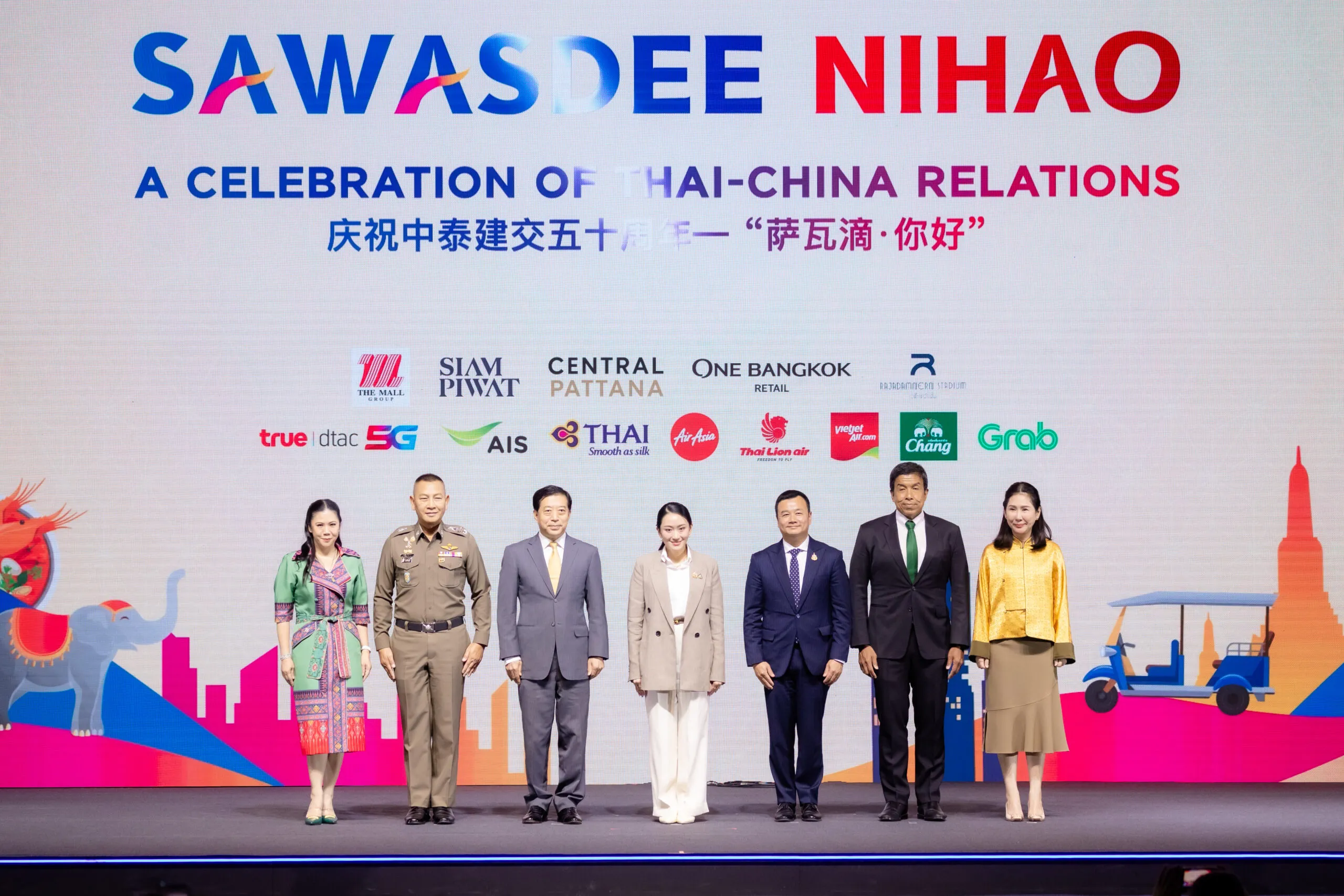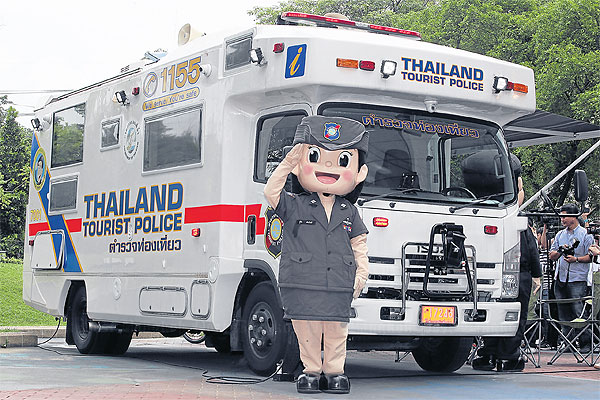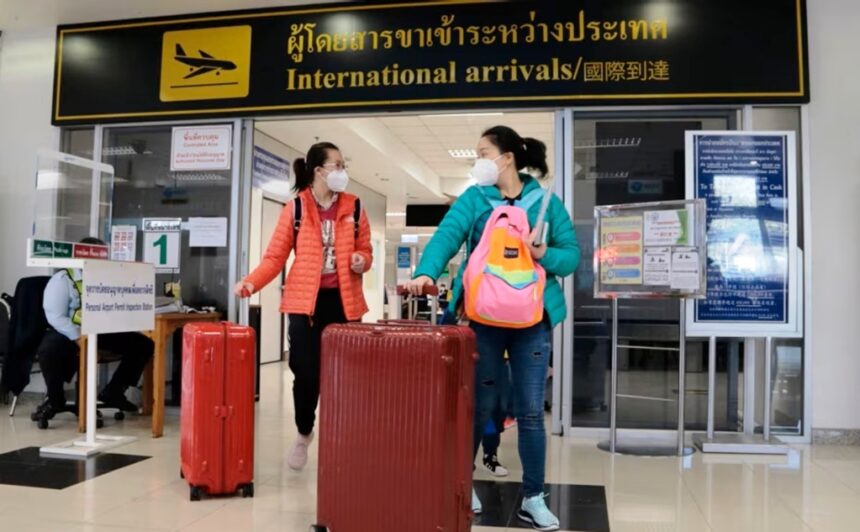BANGKOK – Once filled with neon glow, chilli-scented night air, and endless selfie sticks outside the Grand Palace, Thailand feels muted this year. Empty loungers in Pattaya, quiet hotel lobbies in Phuket, and idle guides in Chiang Mai tell the tale.
Chinese travellers, who arrived in huge numbers before COVID, are staying away. Since early 2025, trips from China have fallen by 30%, hitting an economy where tourism feeds up to a fifth of GDP.
The trigger is a wave of viral scare stories on Chinese platforms. Influencers post exaggerated claims to drive clicks and sponsors. A high-profile case added fuel in January, when Chinese actor Wang Xing was lured to Bangkok and briefly trafficked toward Myanmar.
The incident fed a wider story that Thailand is unsafe. “Is Thailand safe?” has trended on Weibo and Douyin for months, with clips warning of scams, assaults, and abductions aimed at Chinese tourists.
Many posts act as clickbait, not public service. Content creators like travel blogger Li Me, a Shanghai-based creator with 500,000 followers. “One video of a ‘tourist trap gone wrong’ gets 10 million views overnight. Safety sells fear, and fear sells followers.”
The result? Nearly half a million posts querying “How do I cancel my Thailand trip?” in the weeks after Wang’s ordeal alone. Cancellations spiked by 10,000 in January, gutting charter flights from second-tier Chinese cities.

Online Fear Mongering is Hurting Thailand
One clip in March, with over 10 million views, claimed “women can get raped” by gangs, mixing scraps of truth with false claims to spark outrage. A Pattaya operator, watching the empty shore, put it simply: petty scams exist, but isolated cases are being sold as a horror film for views.
The damage has been quick and harsh. In the first half of 2025, Thailand received 2.26 million visitors from China, down 34% from 2019 and far from the 11 million who came that year. Overall arrivals slipped 5% to 16.8 million by mid-July, with May posting a 14% drop.
Local lives are feeling it. Kluay, 22, who rents jet skis in Pattaya, now works two jobs after her income fell by half. Banthat-Thong Road in Bangkok, once buzzing with Mandarin conversations, is changing menus. Some restaurants now push Indian dishes, swapping dim sum for vegetarian thalis to catch new markets.
Tour companies are shifting fast. Safety worries have redirected group trips. Packages once sent to Thai islands now go to Vietnam’s value beaches or Japan’s spring hotspots. Vietnam, helped by a weaker dong and easier visas, saw Chinese arrivals rise 22% in Q1. Japan, with a soft yen, drew 3.1 million in the same period. Thailand’s long-held lead is slipping.
“We are losing our crown,” said Sisdivachr Cheewaratanaporn, honorary president of the Association of Thai Travel Agents. Full-year forecasts for Chinese travellers sit near 5 million, the weakest in more than a decade outside pandemic years.

Thailand Fighting Back
The government is fighting back to restore the “Land of Smiles” as safe, lively, and welcoming. The Tourism Authority of Thailand has approved 3.96 billion baht (108 million dollars) for seven major campaigns through 2026.
A headline move is the “Thailand Summer Blast”, a 750 million baht drive of discounts and deals aimed at China and other markets. Officials expect 790,000 extra visitors and 33.5 billion baht in spending. Online travel agencies like Trip.com are in line for 800 million baht in incentives, with 533,000 discount codes of up to 1,500 baht to spark bookings.
There is also a new push in digital outreach. In January, Prime Minister Paetongtarn Shinawatra appeared as an AI avatar, speaking Mandarin on Weibo and Douyin. The message, Thailand puts tourist safety first and will target cross-border crime and threats.
The clip drew millions of views. In May, TAT launched the “Sawasdee Ni Hao” roadshow, flying in 400 Chinese agents, 200 media, and key influencers for tours and meetings with 500 Thai firms. Subsidies are boosting charter flights from cities like Chengdu, up 164%, and Shanghai, up 117%, intending to lift seat capacity by 52%.
On the ground, policing has stepped up. Thai authorities have teamed with Chinese diplomats to form joint task forces and a Missing Persons Coordination Center for rapid follow-up. The Tourist Police hotline, 1155, now offers Mandarin.

Thightened Security for Tourists
Patrols in popular areas, including Bangkok nightlife streets, are more visible to deter scams. TAT Governor Thapanee Kiatphaibool said there are real risks, but transparency and steady action will cut through the noise.
Thailand remains safe by global measures. The U.S. State Department rates it Level 2, “Exercise Increased Caution”, similar to much of Europe. It flags unrest risks in far-south provinces such as Yala, Pattani, and Narathiwat, places few tourists visit.
Violent crime against foreigners is uncommon. Petty theft in crowded spots is the main issue. There have been no major attacks on tourist hubs since 2019, and the March quake caused little disruption to travel. Australia’s Smartraveller advises a high degree of caution. The guidance is common sense, watch drinks in bars, use licensed taxis, and avoid border tensions far from resort areas.
Safety data for 2025 back this up. Through September, the Ministry of Tourism recorded zero high-profile attacks on visitors, and emergency response in major cities averages under 10 minutes.
A Beijing travel blogger on TAT’s tour summed it up: the online fear is overblown, and Bangkok feels calmer than Shanghai at night. With around 35 million total visitors expected this year, slightly down yet still strong, Thailand’s service culture, from 24-hour hotlines to community policing, keeps it among Asia’s safer choices.
With Golden Week approaching in October, Thailand’s tourism push is racing against time. History suggests the smiles return. The country bounced back from COVID with grit. Yet one viral post can still empty a beach.
The fight for bookings now happens on phones as much as in airports. For the moment, the “Land of Smiles” is working to show it is also the land of second chances.














